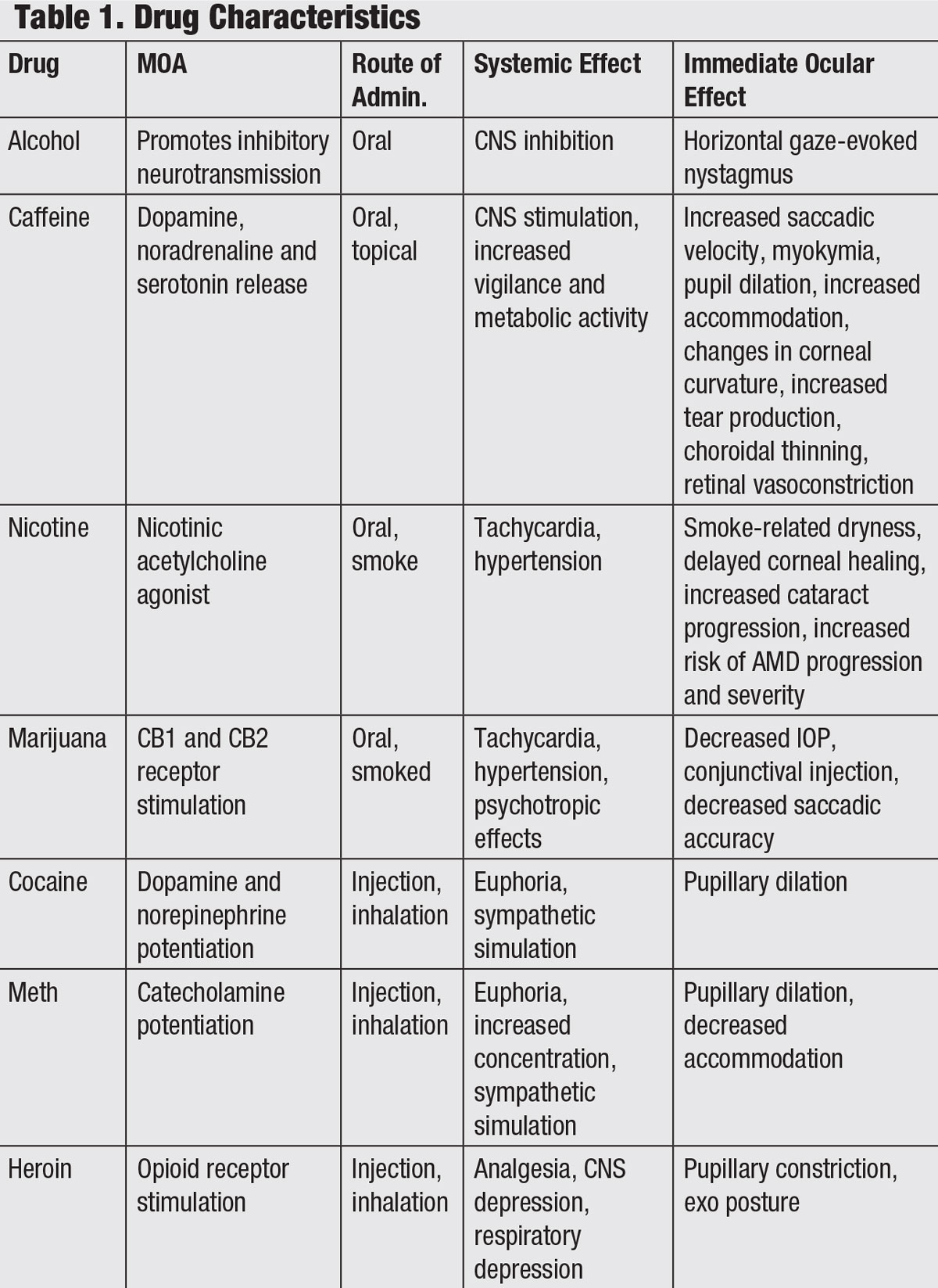

It also causes a person’s blood pressure to rise, muscles to tense up, and blood vessels to restrict. The drug affects the central nervous system – including the lungs, brain, and heart – and accelerates the pulse. Common Signs and Symptoms of Crack UseĬrack is a strong stimulant, and as such, abusing crack is risky. Crack withdrawal also causes myriad symptoms – and an individual who fails to plan for these symptoms may struggle to overcome his or her crack addiction. Ultimately, crack withdrawal is a difficult process, one that causes intense pain and discomfort. Thus, quitting alters the brain and body, and both must adjust accordingly. Cocaine is one of the most potent forms of crack, and as such, it causes crack withdrawals that are even more intense.Ĭrack causes brain and nervous system changes, too. The more concentrated version of crack, aka cocaine, comes in powder form. It often causes an individual to experience withdrawal symptoms when he or she tries to detox and quit, too. And drugs like crack or heroin are so addictive that trying them once or twice may be enough to make the person using them to lose control.Crack causes physical and psychological dependence that can be difficult to overcome.And substances are more addictive than others. But people can become addicted to drugs, tobacco, even glue.When thinking about addiction, we usually think of alcohol or illegal drugs. People can get addicted to all kinds of substances.And also use a drug (or alcohol) without having an addiction. Drug addiction begins as abuse or using substances such as marijuana or cocaine.Substance abuse means consuming an illegal substance or misusing a legal sense.


Changes in friendships, such as hanging out with friends who use drugs.Problems with school performance, such as getting lower grades or missing school.Loss of interest in previously important activities.Withdrawing or hiding secrets from family and friends.Use drugs or alcohol way to forget problems or to relax.(Although these signs can also indicate other problems, such as depression or eating disorders.) Symptoms that you or someone you know a drug or alcohol addiction include. Such as mood swings or weight loss or gain.However, many other symptoms can indicate a possible addiction. The most obvious sign of addiction needs to consume a specific drug or substance.An addicted person - whether he or she has a physical or psychological addiction or both - feels that they cannot stop using the medicine. His life centers on his need for the drug.A person crosses the line between drug use and addiction when they no longer use the drug for fun or “get high” but have become dependent on it.People who are psychologically addicted feel that the desire to use a drug overwhelms them.Psychological addiction occurs when the urge to use a drug is psychological or emotional.Some symptoms of withdrawal syndrome are diarrhea, tremors, and feeling lousy in general. Such as drugs, alcohol, or tobacco, experiences a withdrawal syndrome.Who is physically addicted and stops using sense. They need an increased dose to obtain the same effect. It also increases the person’s tolerance to that substance.Being physically addicted means that a person’s body becomes dependent on a particular substance (even smoking can be addictive).Someone addicted to cocaine has become so used to the drug addiction that he cannot stop using it. Addiction means that person cannot control their desire to use a drug or drink.


 0 kommentar(er)
0 kommentar(er)
